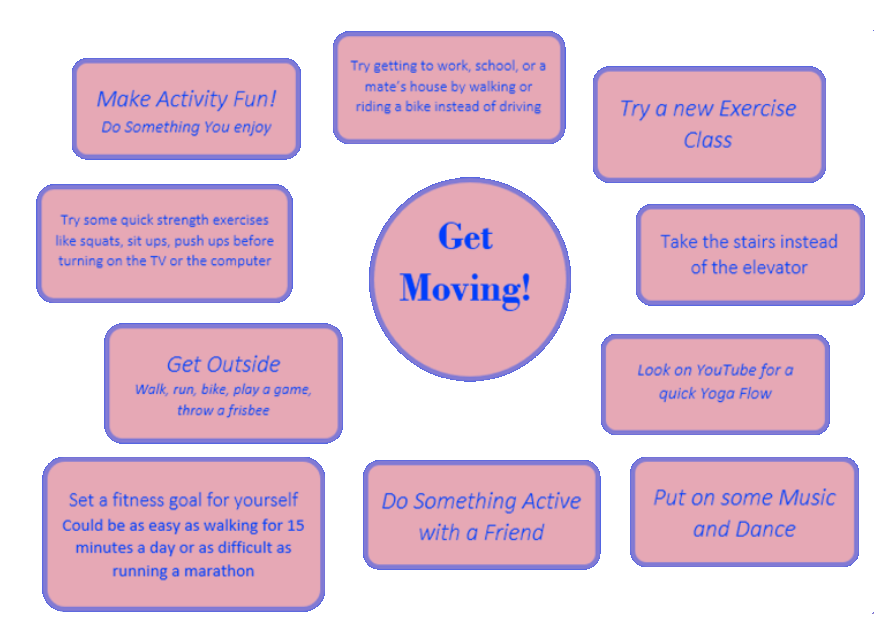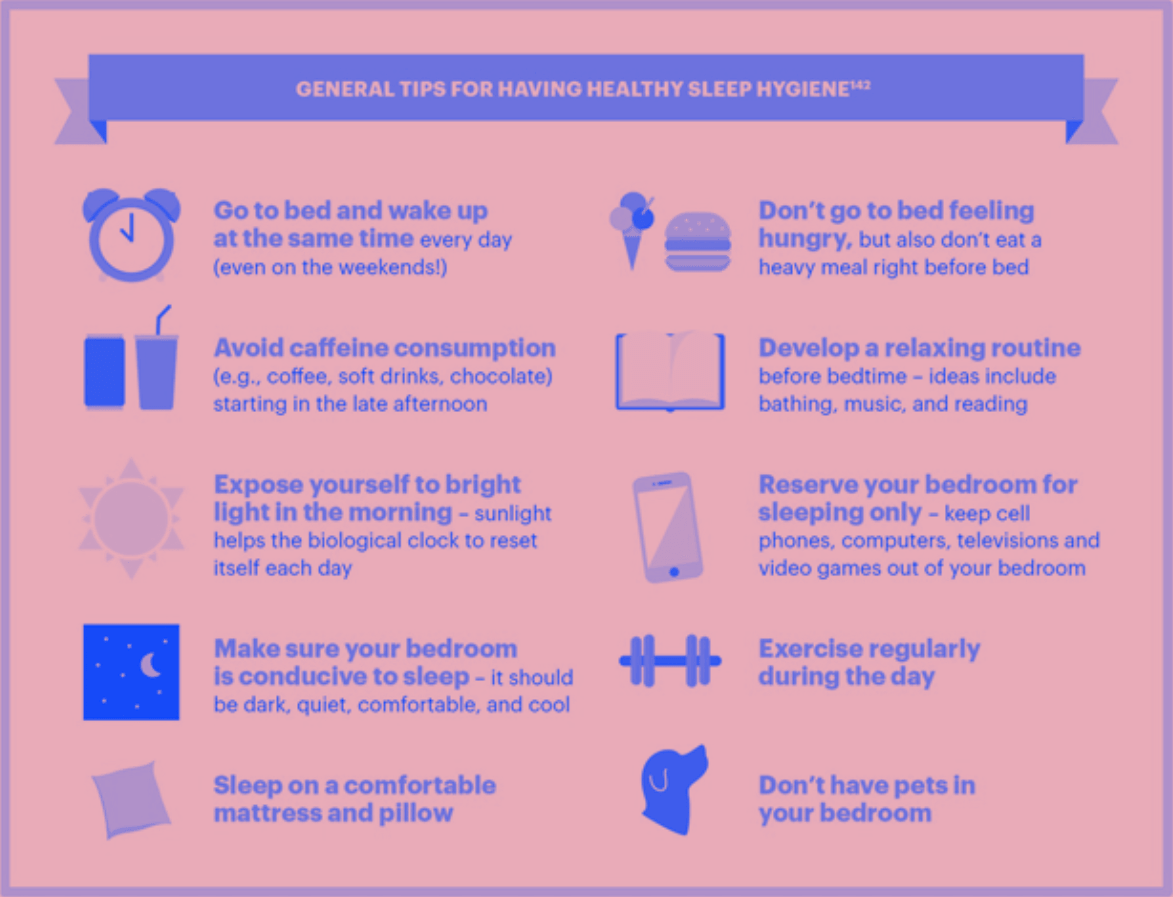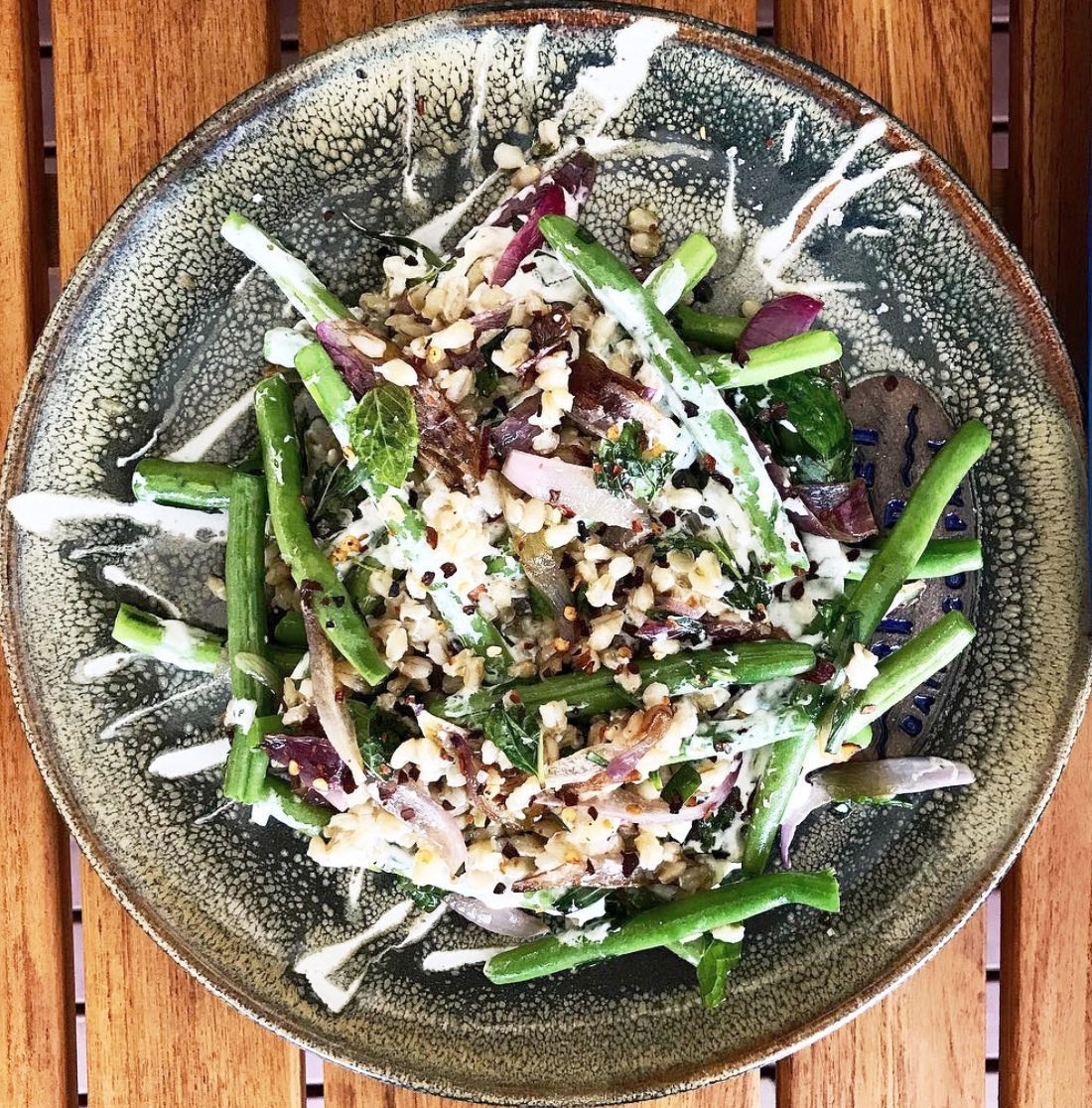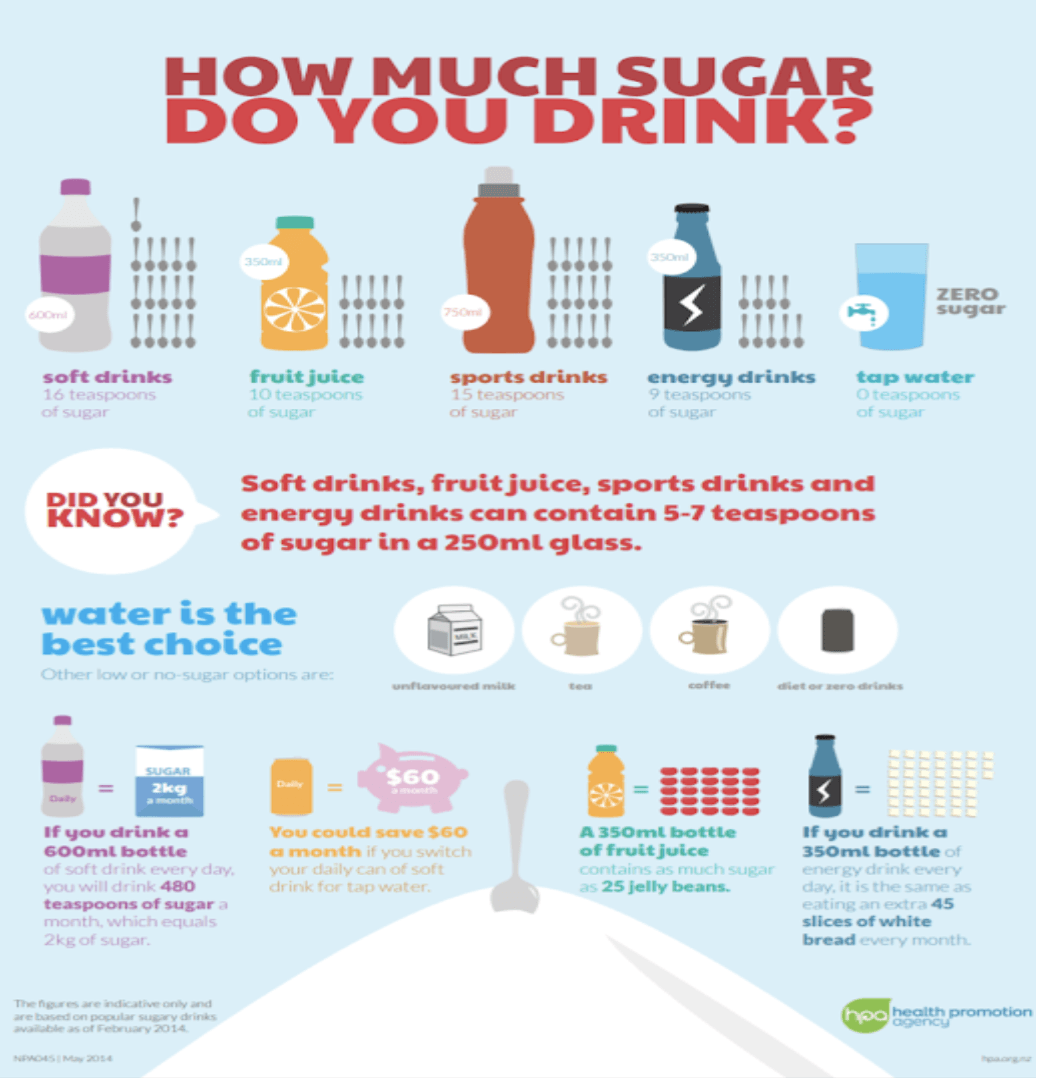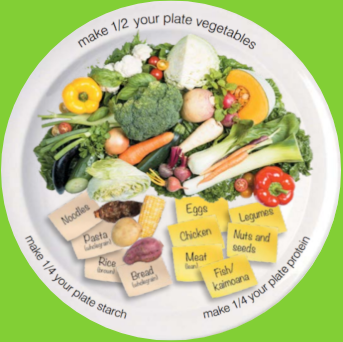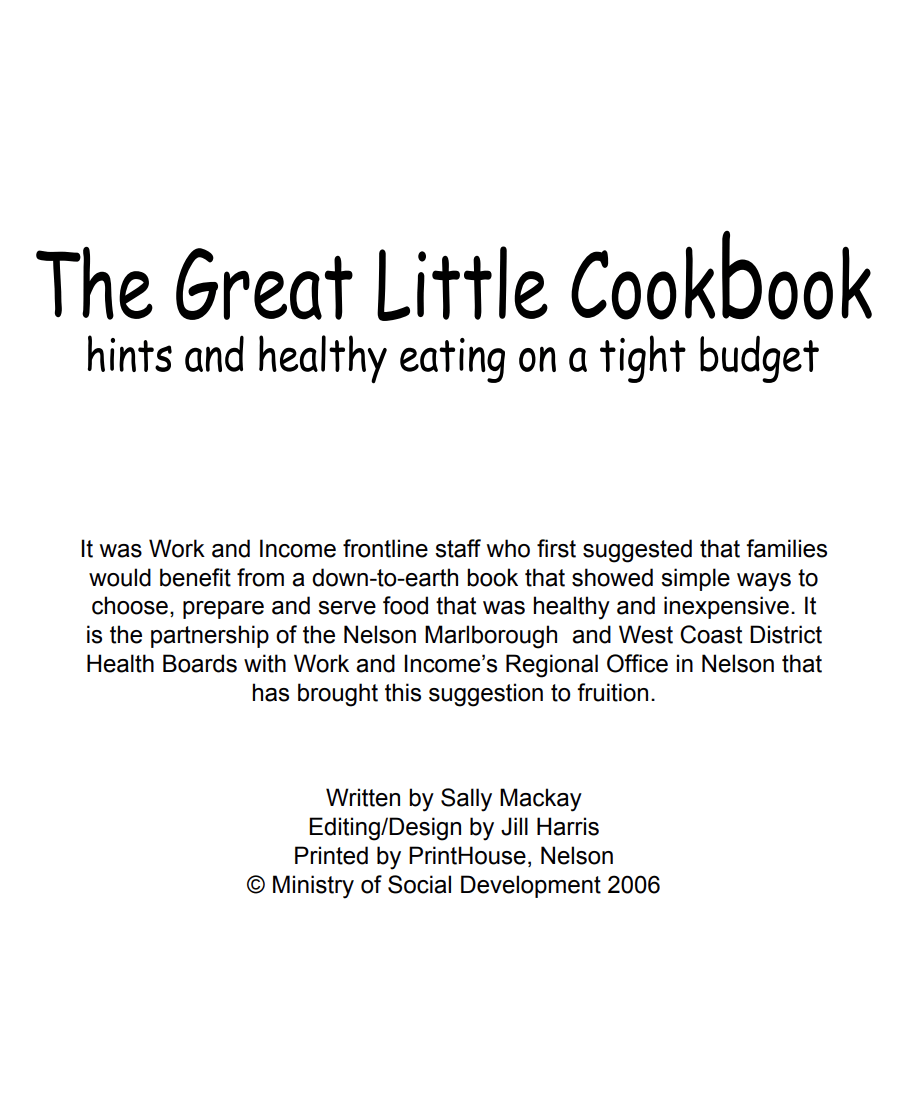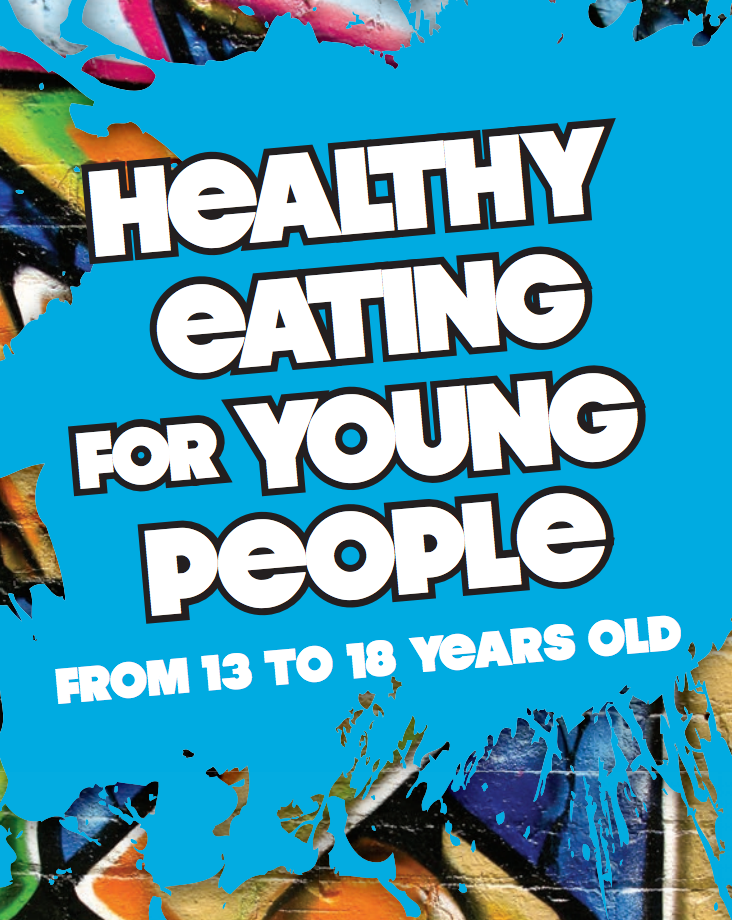Wellbeing eCoach
The following modules will teach you some simple ways to think more positively and tackle the issues that might be affecting the way you feel. The best part is it’s all online, it’s free and you can do it at home in your own time. Prefer some face to face support?
Make a referral so we can chat.
Be Active
Exercise & Sport
You've probably heard countless times how exercise is "good for you." But did you know that it can actually help you feel good, too? Getting the right amount of exercise can rev up your energy levels and even help improve your mood.
One of the biggest reasons people drop out of an exercise program or some type of physical activity - is a lack of interest: If what you're doing isn't fun, it's hard to keep it up. The good news is there are tons of different sports and activities to try to see which one inspires you.
When picking the right type of exercise, it can help to consider your workout personality. Do you like to exercise alone? Maybe walking, running, biking are some good things to try. Do you like being part of a team or is a goal to be more social when exercising (sports clubs are great places to meet new like minded people) then maybe try a sports club or group, rugby, soccer, tennis etc.
How to exercise when your not motivated
Sometimes we may get lost in your online life that you forget to live your real life. You may focus on being more connected only to end up being disconnected with the real world. Sometimes, you need to take a step back, disconnect from social media and connect with life once again.
Ministry of Health NZ
The Ministry of Health NZ recommends children and teenagers (5 to 17 years) do lots of physical activity. They recommend doing at least 1 hour of moderate or vigorous physical activity spread over each day and a variety of light physical activities for several hours a day.
Aerobic Activity
If your heart beats faster and you breathe harder, it’s an aerobic activity.
Intensity Level
Moderate- or vigorous-intensity activities help keep your heart and lungs healthy and give you more energy.
Moderate intensity means you can still hold a conversation while doing the activity.
Vigorous intensity means you can’t say more than a few words without pausing for breath.
Ideas for Aerobic Activities
- Brisk walking
- Aerobics
- Aqua aerobics
- Swimming
- Cycling
- General gardening
- Kapa haka
- Household chores (eg, sweeping, mopping, vacuuming)
Vigorous Intensity
- Walking/tramping uphill
- Running/jogging
- Aerobics
- Some competitive sports (eg, touch, football, netball)
- Squash
- Waka ama
Include vigorous physical activity and activities that strengthen muscles and bone at least 3 days a week. They also recommend not spending too much time sitting, spend no more than 2 hours a day on recreational screen time.
How Exercise Effects Your Brain
Tips On Overcoming Laziness
Looking for a sport and/or club in your area? or wanting to link with certain sports in your area?
Check out Sport NZ
Sleep
Hows your sleep? Are you getting between 8-10 hours of quality sleep every night? Well you should be according to the NZ ministry of health. Poor quality or limited sleep can have negative effects on behavior, learning, health, wellbeing and weight. Some people may naturally sleep more or less than these amounts, as we all vary, but 8-10 hours sleep a night is what we should be aiming for to be at our best the next day. Getting enough zzzzzs isn’t always easy. If counting sheep isn’t doing the trick, there are some simple things you can try to make falling asleep – and staying asleep – more achievable.
Are you feeling exhausted?
Tossing and turning at night?
Not feeling like you’re refreshed after 8 or more hours sleep?
Although sleep problems are common, there are some easy ways to improve the quality of your sleep. Many people find that their physical and mental well-being also improves when their sleep improves.
Do you have trouble falling asleep, lying in bed for more than 30 minutes without being able to fall asleep, can’t seem to stay asleep or have regular wakeups throughout the night? If you answered yes to any of these stick with us as we may have some ideas to help.
Sleep problems and excessive tiredness can have a negative impact on your mental health.
Emotionally, if you’re not getting enough quality sleep, you might feel more irritable, grumpy, blue, anxious, worried or stressed. Sleep problems can make it difficult to concentrate, think clearly and make decisions. You also may have less energy and motivation meaning you avoid your usual activities like exercise, the outdoors or socializing.
As already noted on average we need around 8-10 hours of good quality sleep. Quality is the key here over quantity.
Sleeping well
The trick here is to start with small behavioural changes to help improve sleep and reduce behaviours that negatively impact on sleep quality.
What and when we are eating and drinking.
Energy drinks, coffee, tea and most chocolates have caffeine in them, Its best to avoid these within 2-3 hours of sleep as they stay in your system for some time. Sugary and very salty foods also have a negative impact of sleep quality – again best to avoid within several hours of sleep. Some medications for colds, allergies and pain relief can also contain caffeine, best to check. Alcohol can sometimes feel like it helps to get to sleep, which it generally can – but has a negative impact on our sleep quality due to reducing REM sleep (most restorative type of sleep). Again best to avoid several hours before sleep. Keep hydrated though – drink plenty of water throughout the day, this helps with sleep quality.
Chill
Stress can have a negative impact on sleep, it's important to get some down time before bed. Check out our previous ‘breathing and relaxation’ section. Listen to some calming music, read a good book, listen to a podcast, do a mindful meditation from smiling mind app or try Sudoku. Screen time is stimulating, the blue light of the screen tricks our brains into thinking it’s still daylight, so our brain doesn’t produce the chemical melatonin, which is what makes us feel naturally sleepy at night time when its darker. Try to avoid all devices and screens at least 30mins before bed.
Get physical during the day
Exercise gives us an energy boost during the day and makes our body feel tired at night, assisting with sleep. However vigorous exercise too close to sleep can have a negative impact on sleep onset and sleep quality.
Routine, Routine, Routine.
Try to keep the same sleep and wake schedule every day—including weekends as close as practicable. Keeping a consistent schedule helps your body get into a routine. People who get up and go to bed at different times each day are more likely to have sleep problems.
Check your environment and make things comfy
Is your bedroom to hot/cold, too bright, is your phone making notification sounds at night that may be waking you up, is your mattress comfortable, are animals waking you up throughout the night – all things avoidable that could be having an impact on our sleep. Try to keep your bedroom just for
sleeping, avoid studying, watching tv etc in bed. Try softening the lights at night, this can help melatonin production and getting to sleep easier.
Quiet that mind
Try yoga or breathing exercises before sleep to slow your mind in preparation for sleep. Turn the clock away from your direct view so your not constantly watching it. If you can’t get to sleep within 30 mins…get up and read a book, do yoga, meditate, pray or other relaxing activities – but avoid screens. When you feel tired jump back into bed and try again. After several nights of this, studies show it becomes easier to fall asleep and reverse sleep problems.
Establish a routine and be consistent, you will see the results in improved sleep quality.
Helping teenagers sleep better
The Nature of Sleep
Sleep us such an important part of our lives yet many of us don’t pay much attention to it. It is usually not until we have problems with sleep that we notice it and start to try to understand the nature of sleep. As well as humans, other mammals, reptiles and birds all sleep, while fish, amphibians and insects do not (although they may rest). Some animals sleep in many short bursts, while others, like humans, prefer to sleep in one long block.
We all know what sleep looks like - we recognise a sleeping person because they have their eyes closed, will usually be lying down, breathing in a slow rhythm, with relaxed muscles and generally keeping still, although they may rearrange their bodies every so often. Being asleep is being unconscious to most things happening around you, but is different from a coma or passing out because sleeping people can be woken up, by loud noises or bright lights or touch.
Stages of Sleep
Research tells us that there are two types of sleep:
REM rapid-eye-movement sleep:
this type of sleep occurs for about 25% of the night, and is characterised by electrical activation of the brain, very relaxed muscles and body becoming immobile, and rapid eye movements as the eyes dart back and forth under closed eyelids. REM sleep provides energy to the brain and body and supports daytime performance. Dreams often occur during REM sleep, although they can occur at any stage.
NREM non-rapid-eye-movement sleep:
this type of sleep occurs during the other 75% of the time, and can be further broken down into 4 stages:
Stage 1:
this stage is light sleep, between being awake and falling asleep.
Stage 2:
: this stage is the onset of sleep, when the person begins to become disengaged from their surroundings. Body temperature drops and breathing and heart rate become regular.
Stages 3 & 4:
: These stages are the deepest and most restorative sleep, known as ‘delta sleep’ Stage 3 is a transition into Stage 4, or ‘true delta.’ During these stages, blood pressure drops, breathing becomes slower, muscles are relaxed and receiving more blood supply, tissue growth and repair occurs, and hormones are released (including growth hormone, which is why growing teenagers need to sleep more).
Role and Function of Sleep
Sleep is essential to humans, just like air, water and food. When necessary, people can cope without sleep for periods of time, but the longer we are awake the stronger the urge to sleep becomes.
The exact role and function of sleep has been a topic of debate for researchers, but most agree that sleep serves a restorative purpose, both psychologically and physiologically. It is thought that delta sleep (stages 3 & 4) is most involved with restoring the body and physical energy, while REM sleep is most important for restoring mental function such as memory and concentration.
Sleep is important for general physical health, restoring energy, repairing injuries or illness, growth, psychological well-being and mood, concentration, memory, work performance, and getting along with others.
Effects of Lack of Sleep
People vary in terms of how much sleep they need - while the average sleep duration for adults is 6-8 hours per night, some people function well with a little less sleep and others with a little more. Whatever your individual needs, lack of sleep or poor sleep quality can have effects including:
- Poor attention, concentration and memory
- Irritability and other mood disturbances
- Impaired judgement and reaction time
- Poor physical coordination (dangerous for driving)
The seriousness of these effects depends on how bad the sleep deprivation is (e.g. less sleep vs. no sleep; one night’s poor sleep vs. chronic problems) and the tasks and responsibilities of the day. If you have ongoing problems with sleep, it is important to seek help.
How Well do Good Sleepers Sleep?
Good sleepers usually take less than 30 minutes to fall asleep at the beginning of the night and will wake up once or twice during the night. In other words, it is unrealistic to expect to fall asleep immediately on getting into bed or to never wake up at all during the night. Even the best sleepers in the world don’t achieve this! Also, everybody, even the best sleepers, will have a night now and then when it takes them a long time to get to sleep. This is often triggered by a stressful event and will usually pass after a night or two. Similarly, everybody will have a night now and then when they find it difficult to get back to sleep after waking in the middle of the night.
Nutrition
Eating well is part of a healthy lifestyle, right? Eating well (the majority of the time) is just as important to our mental health and wellbeing. Good wellbeing and nutrition is not all about eating steamed cauliflower every day. You're allowed to cheat – as long as it is in moderation. Some McDonalds, ice cream, chocolate etc is still all good… if it's in moderation. 😊
Just like the heart and other organs, the brain is an organ that is acutely sensitive to what we eat and drink. To remain healthy, the brain needs different amounts of complex carbohydrates, essential fatty acids, amino acids, vitamins and minerals, and water. When a diet lacks key nutrients, vitamins, minerals and balance, it can be a contributing factor to poor mental health and/or wellbeing. Therefore eating well most of the time can improve our mental health.
Eating for a healthy headspace
Can you recall a time when you had not been eating well, maybe you were busy and were just grabbing food on the go like takeaways, chocolate, chips, coffee or energy drinks? It may have been yummy but how did you feel? Unenergized, stressed, not sleeping well, anxious etc?
Eating well can help by optimising our energy levels, make us feel healthier, improve our clarity of thought, boost our immune system and put us in a better place to manage the stress that comes up in our lives.
There is a big difference between eating well and obsessively focusing on calories and weight loss. Being healthy isn’t about the way you look or your weight. As noted above its all about moderation – no food is off limit – its more around how often and much of it you are eating. Sooo try not to overthink it, keep it simple and don’t feel guilty about eating chocolate or that yummy cake you have been eyeing up, just do it occasionally.
Wanting some motivation to improve your nutrition and headspace? Check out some of these:
@thenutritionguruandthechef
Non-nonsense, straight talking, actually-qualified, pint sized nutritionist/author/speaker/university lecturer.
@moderationmovement
Thinking of going vegetarian? Take a look at this PDF for ideas on ways to get your balance of nutrition right:
The nutrition foundation has some good info on nutrition specifically for teenagers, including info on a balanced vegetarian diet
‘Moving to healthier behaviours around food is around consistency of small changes.
Can you rope in some friends or family members to healthier eating habits also – this has shown to be helpful in maintaining positive changes.
Focus on small ‘tweaks’ to your food intake – can you swap out that fizzy drink for water, swap that bag of chips for a handful of nuts, that white bread to wholegrain bread.
Can you change the eating environment - move the biscuit jar off the kitchen counter into a cupboard and replace it with fruit on the bench, making you more likely to eat fruit than unconsciously munching on a biscuit just because they are just there.
Try to focus on what is healthy to eat – rather than what is not healthy to eat. Because what happens when we focus on what we can’t/shouldn’t have? We tend to just want it more.
Health Navigator has some great resources on a balanced diet
Also a section on Healthy eating for teenagers
Got a spare 15 mins and want to watch a good video on what we have discussed so far and more?
Hunting for some cheap but nutritious meal ideas to get inspired?
WINZ also has a great free cook book and nutrition ideas on a budget
Food in a Minute
Food in a Minute ® has a great website and app that’s free offering recipes, a personalised recipe data base, recipes based on ingredients etc.
FoodSwitch New Zealand
FoodSwitch New Zealand ® provides three simple steps, FoodSwitch can help you towards better health by reducing the salt, fat and sugar in your diet.

